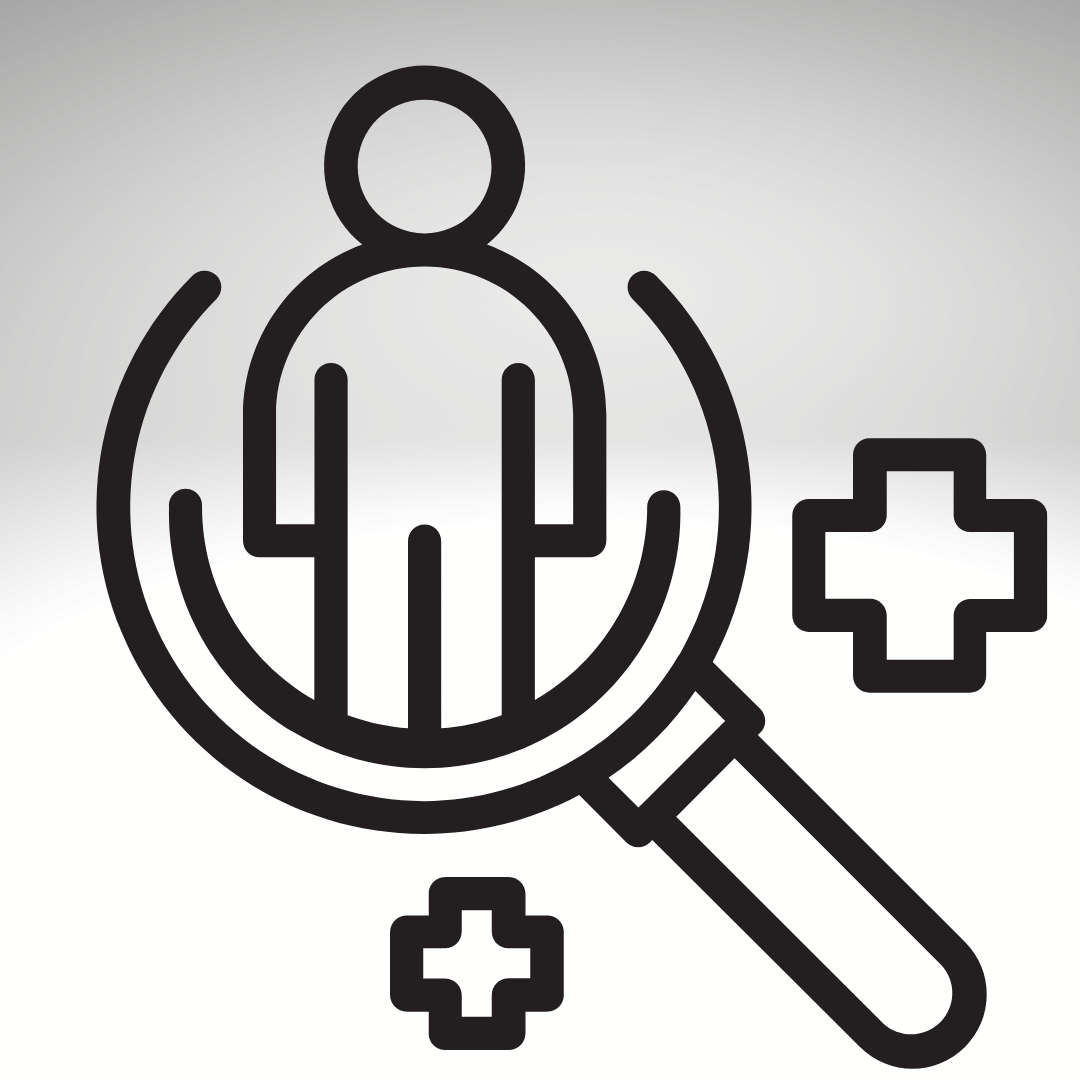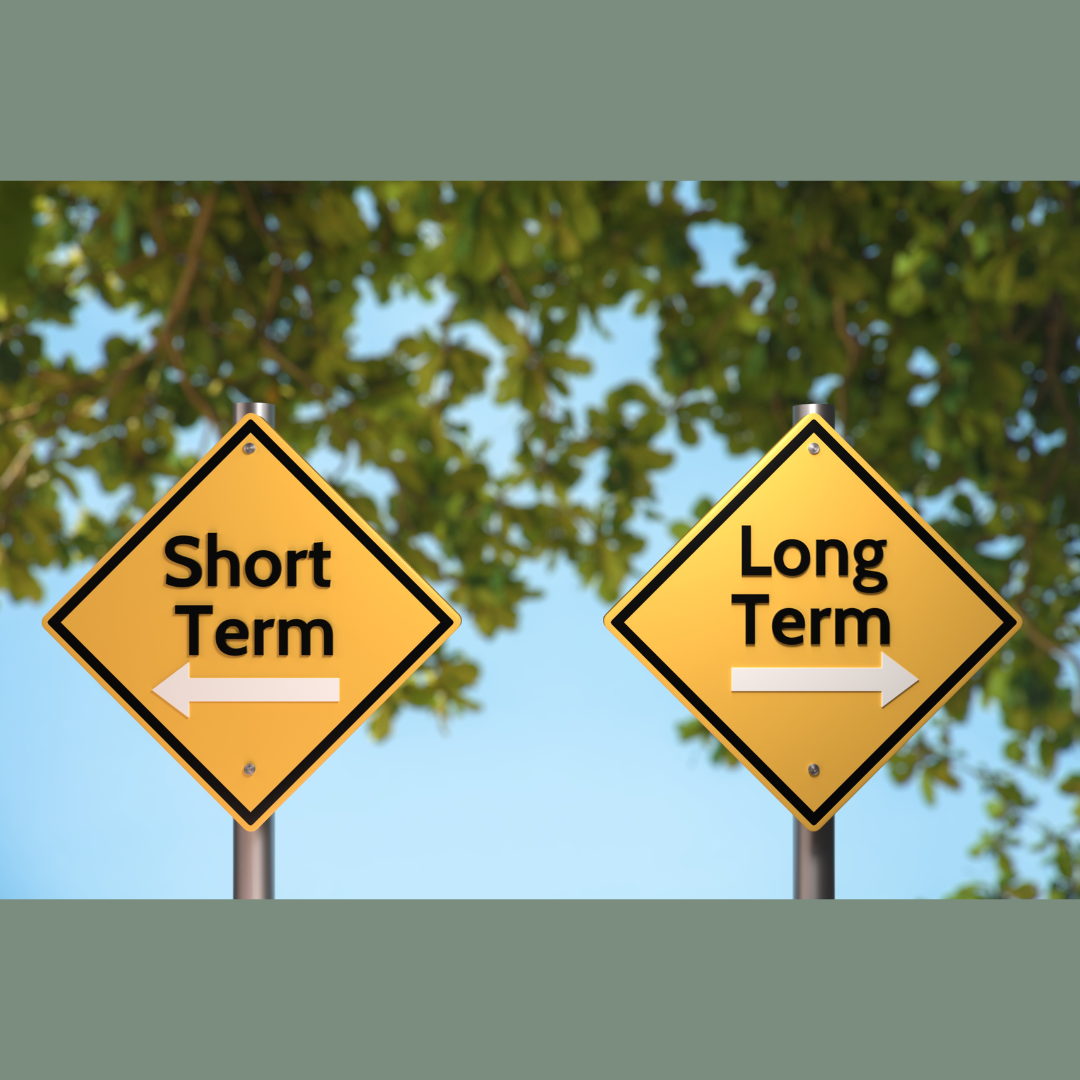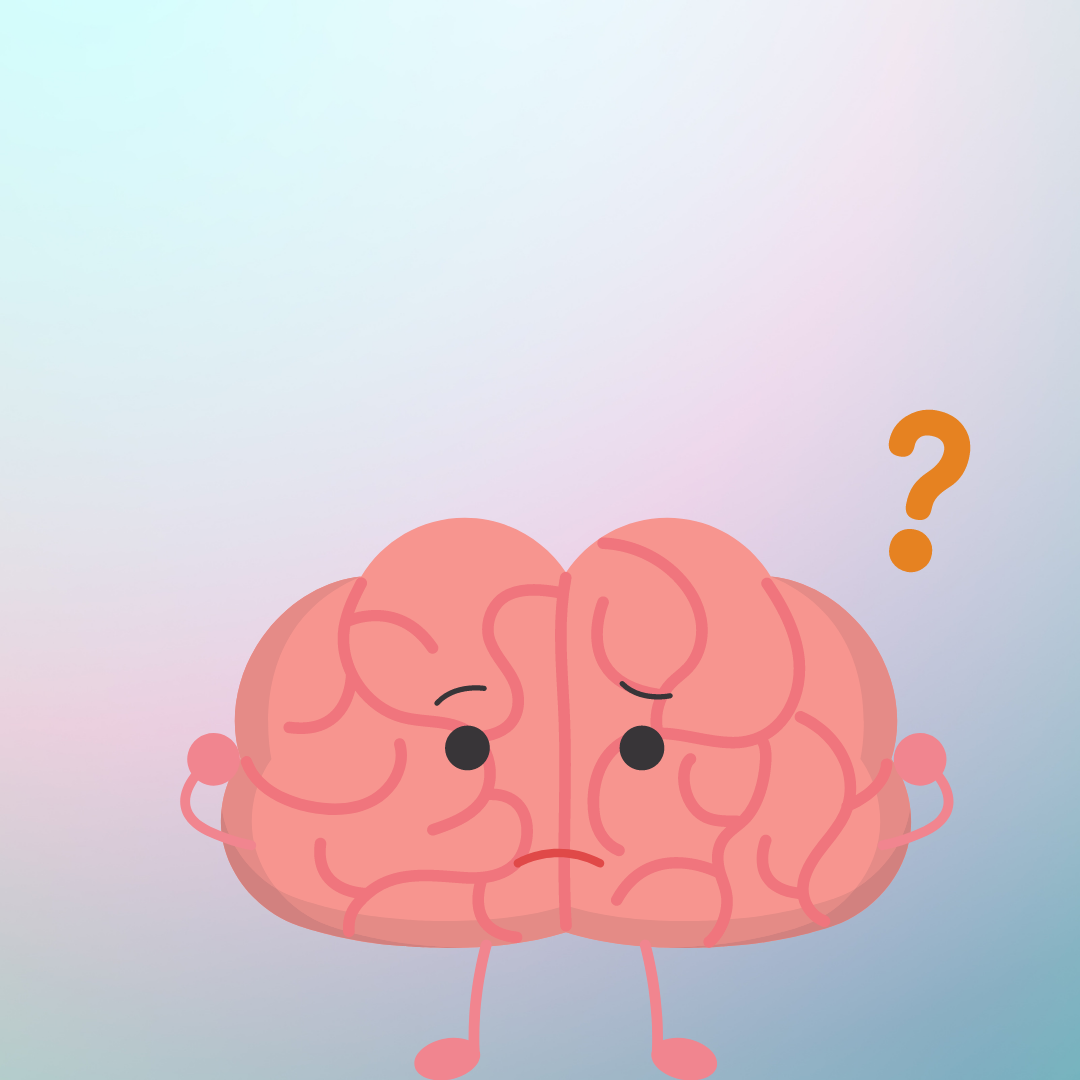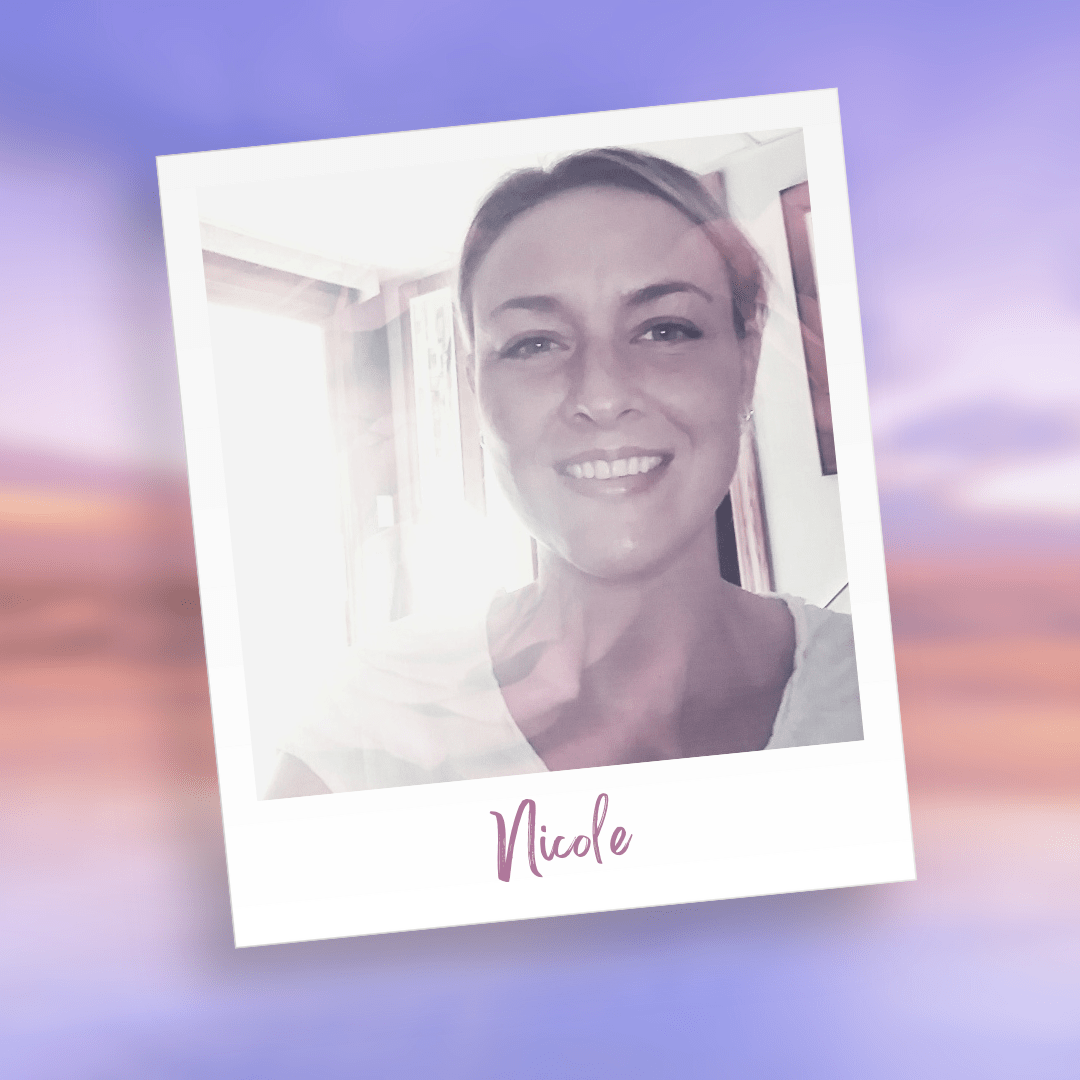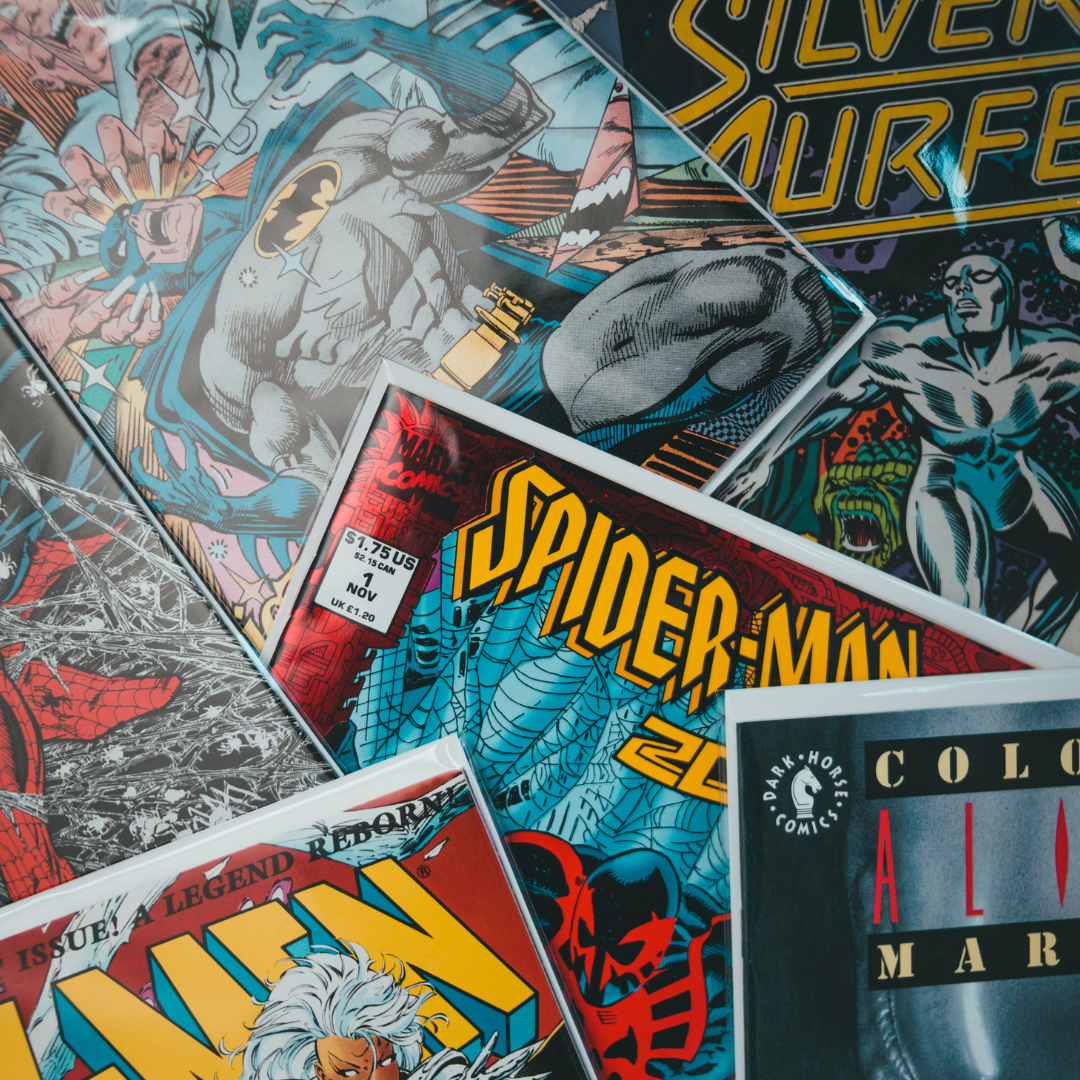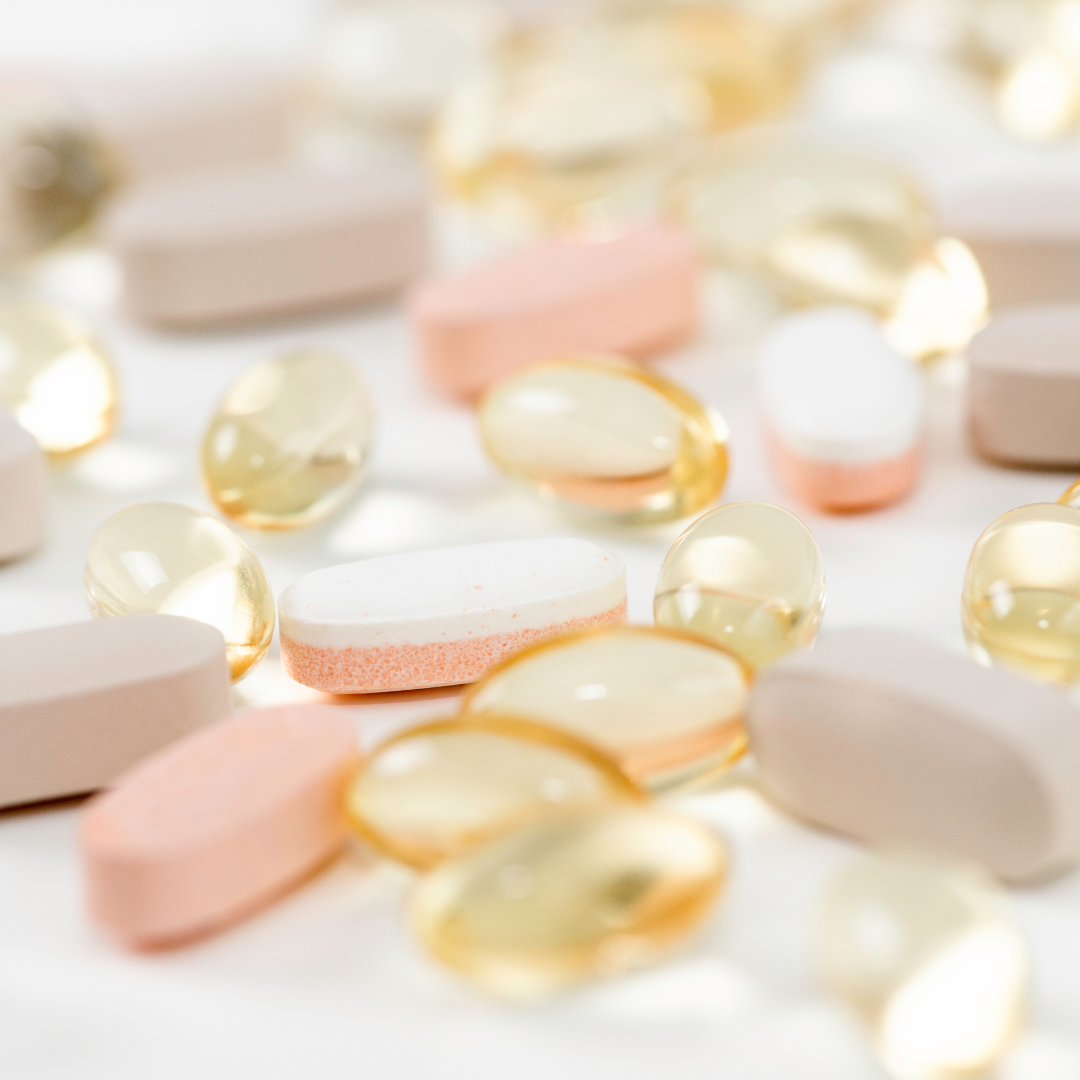I’m a big believer in self-care for brain injury survivors, or for anyone at all for that matter.
Medical professionals are great at their jobs and they help us keep breathing and walking around day to day. I don’t know where I’d be without the professionals who treated me while I was experiencing a major stroke, but I’ll tell you, I wouldn’t be here, breathing and walking around every day.
But I also know how important it is for me to participate in my own healthcare decisions. After all, I know myself best.
While I follow the doctor’s advice, I also allow myself the space to come up with my own individualized care plan, and so far it seems to be working and going great guns.
I just got confirmation of that fact. I’ve had some examinations in the past couple of months that let me know how well I’m doing in my recovery.
The first exam was a follow-up MRI to track the condition of the arterio-venous malformation in my brain. An AVM is a condition I was born with where the connections between blood vessels in my brain didn’t quite develop normally and created a weak spot at that point. Undiagnosed high blood pressure caused the connection to rupture, leading to a major stroke and leaving me with a traumatic brain injury.
There were surgical options for fixing the AVM, but they all creeped me out and I declined. We, the doctors and I, decided to roll the dice and see if it would improve by keeping my blood pressure in check.
At first I was getting two or three MRIs a year. Apparently I’ve been making progress, since after the MRI in 2019 the neurologist told me I didn’t need to come back for three years. I didn’t go back until just a couple of months ago.
If you haven’t had an MRI, hold out hope you never do. Lying in that magnetic chamber for upwards of an hour is the opposite of fun. The one I just went through made noises loud enough to aggravate my TBI, and the powerful magnetic field made my skin tingle and itch at times.
My AVM is stable enough now that I don’t need another MRI for five years now. It’s still there but gradually healing. I’d been advised not to fly because there was a concern cabin pressure could trigger another stroke. I dearly hope I’ve come far enough along to be able to fly back to Wyoming next year for my high school reunion. That would be so cool and would be even cooler if I got superpowers from the really powerful MRI magnetic field. My doctor doesn’t seem to feel there is much chance of that, though, so I’ll just have to settle for my brain getting progressively better. But I digress.
I had two checkups in January and one last week.
My heart and lungs checked out okay, as well as my body mass index. Colon fine, nothing to be concerned about with my blood tests (aside from getting punctured with a needle), cholesterol level fine, cognition okay.
The main concern was my blood pressure, which had been fluctuating a bit. But the past couple of checkups show my blood pressure is firmly under control. In fact, my numbers are almost textbook examples of normal blood pressure.
That gives my AVM a better chance of healing on its own, without surgery.
I had tweaked my self-care program a bit and those modifications seem to have helped.
The main change was reducing the amount of salt I eat. I had tried salt substitutes, but the ones I tried had a kind of taste that made me go back to salt.
But then I ran across this stuff called Salt Sense. It has reduced sodium, but it tastes like regular table salt—that’s because it’s real salt, but somehow someone worked out how to reduce the amount of sodium. It’s not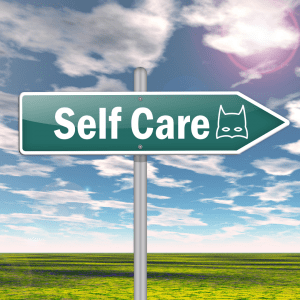 in any stores near me but it’s available through Amazon. I got six 10 ounce shakers delivered and they didn’t cost very much.
in any stores near me but it’s available through Amazon. I got six 10 ounce shakers delivered and they didn’t cost very much.
Another tweak was eating more fruit and vegetables, with the emphasis on the veggies. I don’t eat breakfast that often but when I do, a lot of times breakfast is an avocado and a tomato. The rest of the time it’s something like cottage cheese mixed with fruit flavored yogurt. Some people think that sounds kind of gross but it seems to be working well for me. I also switched to grapes as a bedtime snack.
I haven’t given up on cheeseburgers yet, though.
I continue my morning and evening walks, staying hydrated, and trying to keep getting regular, restful sleep.
I find some of it a little hard to get used to, but the answer to that is just keep doing it until it’s routine, and after a while it becomes a habit.
As much as I advocate self-care, I do emphasize how important it is to keep seeing your doctor, if you have one. As much as you know yourself and what’s best for you, your doctor knows some good stuff, too.
I’ve shared my self-care routine with my doctors and they’ve all thought it all sounded like good ideas.
Which points out one reason why it’s good to carry out your self-care while still seeing a medical professional: it’s a great way to confirm the progress of your self-care and how it’s working for you.
It’s kind of a way to keep score—as I continue making progress, my self-care score keeps going up, and that’s the name of the game.
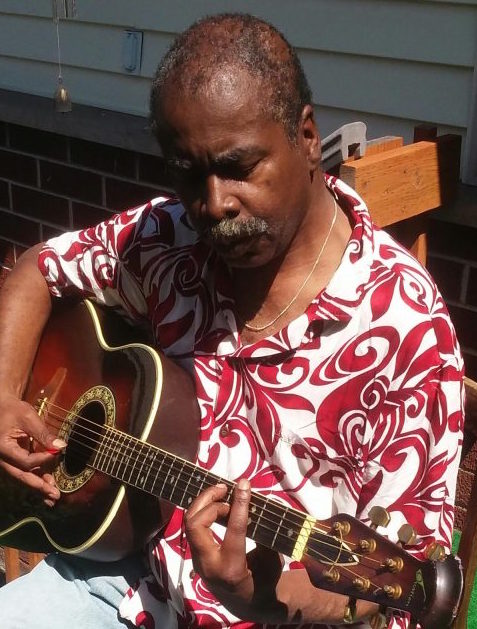 | Isaac Peterson grew up on an Air Force base near Cheyenne, Wyoming. After graduating from the University of Wyoming, he embarked on a career as an award-winning investigative journalist and as a semi-professional musician in the Twin Cities, the place he called home on and off for 35 years. He doesn’t mind it at all if someone offers to pick up his restaurant tab and, also, welcomes reader comments. Email him at isaac3rd@gmail.com. Read more articles by Isaac here; https://www.brainenergysupportteam.org/archives/tag/isaac-peterson |
|---|

